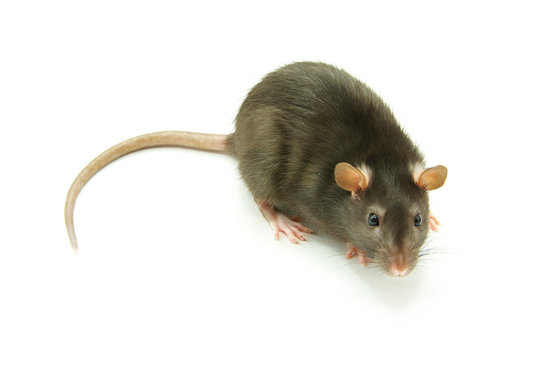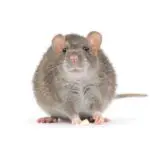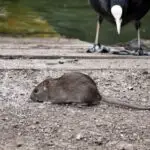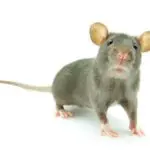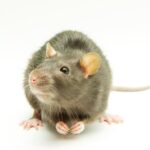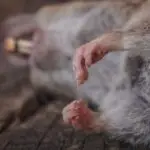Which Chemical Used For Controlling the Rats in Your Home?
When trying to control rats in your home, the best method is to use traps and rodenticides. However, the rodenticides can kill the rats in hard-to-reach places and leave a smell in your house. Moreover, the dead rats can harbor ectoparasites, which can infest your home if not removed promptly.
Rodenticides come in a variety of formulations and can be highly toxic, especially if swallowed. They come in pellets or chunks, which can be dangerous to swallow, as they can cause bleeding and anticoagulation if ingested. Signs of poisoning include bruising, bleeding gums, bloody diarrhea, and vomiting of blood.
Some types of rodenticides are non-toxic to humans but toxic to pets. Anticoagulant rodenticides, such as those used for rat control, are very toxic to cats and dogs. These anticoagulants are cumulative, and a dead rat can contain multiple lethal doses. Therefore, the risk of secondary poisoning to pets is high. In addition, the most common fatalities among pets are dogs. These incidents are the result of direct bait consumption or a combination of bait consumption and accidental exposure to the poison.
When you use bait stations, it is essential to select fresh bait since stale baits will not attract the rodents. In addition, you should also take care to seal the gaps and entry points to avoid rodent infestation.
